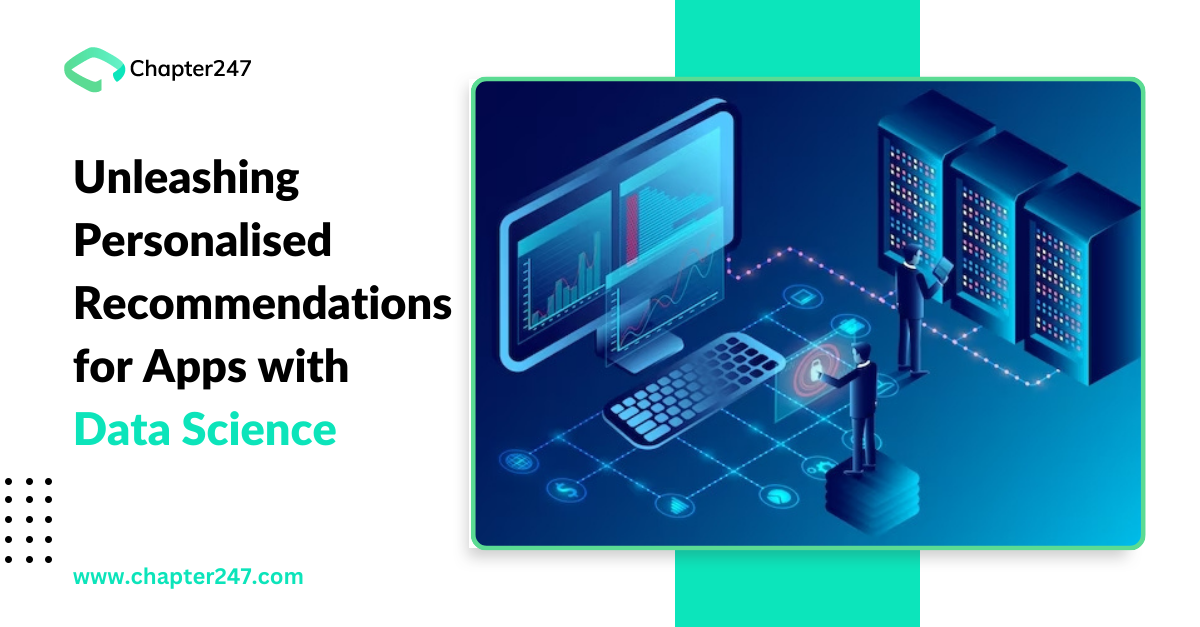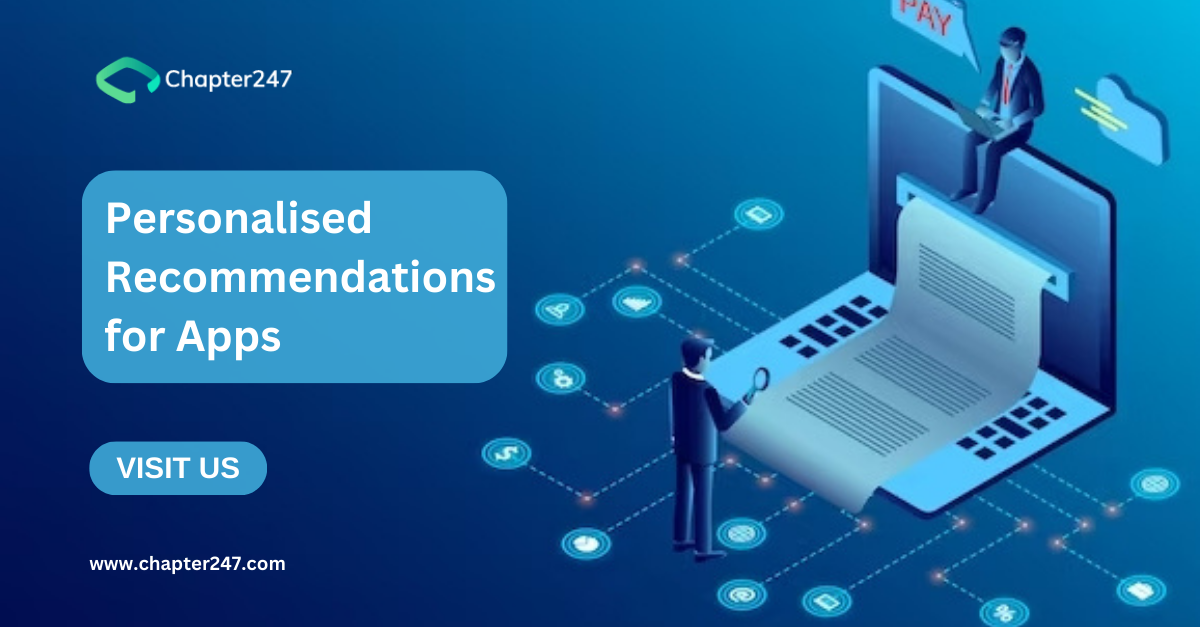We are going to explore the magical journey with a recommendation system. Are you ready? Let’s get started. A recommender system is like a smart assistant that suggests things you might like to take your business to the next level. This is based on what it knows about you. Online services like Amazon, Pandora, Netflix, and YouTube use it. It recommends stuff such as products, services, movies, music, and videos. However, you can take it as the magical turn for your customer satisfaction.
Table Of Contents
- Introduction
- The Difference, Collaborative Recommenders Vs. Content-based Recommenders
- Content-Based Recommenders
- Collaborative Recommenders
- Interference of Collaborative Filtering in Everyday Life
- Why Recommender System Works That Much
- Conclusion
According to one estimate, 1.145 trillion megabytes of data are created every single day. These online systems are a big deal because they are helping such companies make more money by providing customers with more customised and personalised suggestions. According to Statista, Netflix saves about $1 billion a year on consumer retention, and the big thanks goes to Big data.
Personalised suggestions mean you are more likely to buy or watch something if it’s recommended to you. What’s cool is that these kinds of recommendations are unique to each user. So, imagine you and your friend use Netflix for streaming, but you might get different suggestions than your friend. This is based on your tastes and history. According to Simplilearn at the end of 2024, 66% of people on Earth will be connected to the internet.
However, not every website has a recommender system. Wikipedia is the foremost example of this. It suggests blogs for further reading, but it always provides the same thing to everyone. This does not matter who you are or what you have read before. So basically, this is not the personalised one like Netflix or Amazon.
In the last few years, these recommenders systems have gained their potential and hold a sophisticated place. Companies now use advanced algorithms and data analytics to offer more accurate and relevant recommendations to consumers. A survey shows that 1.6 networked mobile devices and connections per person will be available at the end of 2024.
The Difference, Collaborative Recommenders Vs. Content-based Recommenders
So, there are two different approaches that recommender systems might take to data in order to create predictions: content-based and collaborative.
i. Content-Based Recommenders
Content-based recommenders generate recommendations according to the user’s previous behaviour and the content items themself. In 2024, there will be three times as many linked gadgets as there are people on Earth. Pandora is a prime instance of a content-based recommendation engine. Their recommender system considers the user’s preferences and song attributes such as instruments, length, melodies, genre, and so on. It uses all of this information to recommend new music to the user.
It works with data provided by the user, either directly (rating) or implicitly (clicking a link to indicate interest). With this information, a user profile is established, allowing the system to deliver more targeted recommendations to the user. The engine gets more. Precise as the user enters more information or acts on the recommendations.
You can examine Pandora as a perfect instance of a content-based recommendation engine. Their recommender system considers the user’s preferences and song attributes such as length, tools, harmonies, genre, and so on. It uses all of this information to offer new music to the user.
ii. Collaborative Recommenders
In contrast, collaborative recommenders produce recommendations by comparing every client’s and interactions between users and products (loved, disliked, and pushed). It is screening for patterns or information utilising strategies that need collaboration among several users, points of view, data sources, and so on.
Collaborative recommenders outperform content-based recommenders with recommending mixed material (imagine Pandora recommending eateries to a user based solely on song choices and listening history). 149 zettabytes of data will have been collected, copied, and organised by the end of 2024.
Interference of Collaborative Filtering in Everyday Life
A real-life human version of this would be asking an individual from the wine club, who you know normally enjoys similar wines to you, for their opinion on a new wine they’ve tried. If you ask 5 of these colleagues, and they all give it an overall score of 6 to 8, you can be quite assured that you will like it and rate it 6 to 8.
Why Recommender System Works That Much
Recommendation systems are successful because they solve sparse data, which occurs when there is inadequate knowledge of the user’s choices for all objects in the database. This scarcity issue develops because of the massive volume of content accessible via platforms such as Amazon or YouTube. For example, if a platform contains 1000 items but an individual has only engaged with a few, forecasting their choices for the rest is difficult.
To get around this, recommendation systems use a variety of tactics. They encourage users to rate goods, collecting additional data for understanding individual preferences. By assessing these scores, the algorithm can deduce bigger patterns and provide suggestions even when information is insufficient.
Furthermore, if there is inadequate information about a user’s tastes, recommendation systems can fall back on suggesting popular goods. These items have a high potential of appeal because of their general popularity and will serve as an initial recommendation until the algorithm collects more tailored data. The exciting thing is that by 2026, 11.5 million jobs for data scientists will be generated.
Recommender systems specialise in handling sparse data circumstances by exploiting user interactions, asking for ratings to obtain additional information, and making popularity-based predictions when individual tastes are uncertain. This versatility guarantees that customers obtain relevant recommendations, even when the availability of information is limited.
Conclusion
The field is constantly evolving and changing. As we previously discussed, Netflix promised a million dollars to anyone who could develop a more effective algorithm than their existing approach. To a firm, optimising their recommender might be synonymous with increasing income. If you need any kind of help related to the recommendation system that can boost your business landscape, then Chapter247 Infotech can be your foremost choice. They can help you with their decades of experience.








